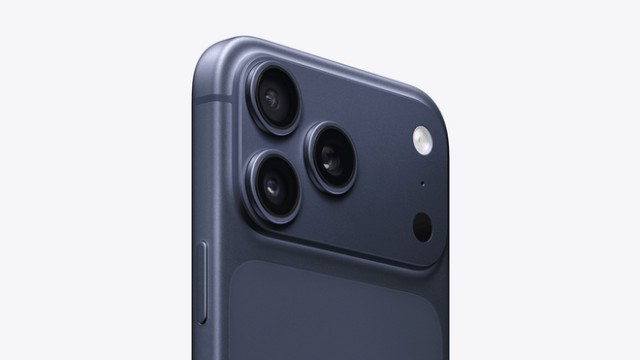Even smartphone thieves don’t want Android phones. An iPhone is four-times more likely to be stolen than an Android phone, but Apple could well have the solution, one already inside your iPhone.
Apple already empowers iPhone users with robust tools like Find My, Activation Lock, and Stolen Device Protection to remotely track, lock, erase data, and render a device unusable without the owner’s Apple ID credentials—effectively bricking it for thieves in most cases. For retail store smash-and-grabs, Apple deploys an even more aggressive, immediate “kill switch” via proximity-based software on demo units, triggering alarms, disabling functionality, and alerting authorities the instant devices leave the store’s Wi-Fi network. Extending this instant, foolproof remote disable to every consumer iPhone sounds empowering, but Apple likely holds back for several pragmatic drawbacks that could outweigh the benefits: • Abuse and False Claims: Verifying theft would be a nightmare — requiring police reports, proof of purchase, or eyewitness accounts for millions of reports annually. Malicious users could falsely flag devices to spite ex-partners, settle grudges, or sabotage secondhand sales, overwhelming Apple’s support and leading to wrongful bricks. • Retail cases are straightforward: Apple owns the inventory and has direct telemetry. • E-Waste and Environmental Backlash: Bricking devices en masse would accelerate electronic waste, as thieves might dismantle for parts anyway, but victims couldn’t recover or repurpose hardware. This clashes with Apple’s sustainability pledges and could invite regulatory scrutiny or consumer boycotts over planned obsolescence perceptions. • Privacy and Security Risks: A universal kill switch demands constant connectivity and deeper device monitoring, raising red flags for surveillance fears or vulnerabilities to hacks (e.g., nation-states coercing Apple to disable dissidents’ phones). It could also conflict with laws like right-to-repair mandates, locking users out of repairs or third-party services. • Legal and Liability Hurdles: Broadening this feature might expose Apple to lawsuits from affected parties (e.g., disabled devices in rentals or family-shared plans) or demands from governments for backdoor access. Carriers already blacklist IMEIs for theft, so Apple avoids redundant, litigious territory. In essence, while retail disables are a controlled, low-risk demonstration of the power of Apple’s infrastructure, scaling it consumer-wide invites chaos Apple has wisely sidestepped by prioritizing user-empowered (but reversible) tools over an iron-fisted kill swtich. If theft spikes, though, expect iterative tweaks like enhanced Stolen Device Protection rather than a full switch. Support MacDailyNews at no extra cost to you by using this link to shop at Amazon. [Thanks to MacDailyNews Reader “Fred Mertz” for the heads up.] The post Apple’s iPhone is four-times more likely to be stolen than an Android phone appeared first on MacDailyNews. You're currently a free subscriber to MacDailyNews. For the full experience, upgrade your subscription. |
Monday, November 3, 2025
Apple’s iPhone is four-times more likely to be stolen than an Android phone
Subscribe to:
Post Comments (Atom)
Apple’s MacBook Neo offers premium build quality at a remarkably lower price
Apple has previously offered more affordable products, such as the $329 and $349 iPad models as well as the former $429 iPhone SE. ͏ ͏ ...
-
Substack is covering the cost of your first paid month of MacDailyNews by MacDailyNews. ͏ ͏ ͏ ͏ ͏ ͏ ͏ ͏ ...
-
Apple, aiming push more urgently into the smart home market, is said to be nearing the launch of a new product category: a wall-mounted disp...
-
Apple TV+ has signed a new multi-year, first-look feature film deal with The North Road Company’s Chernin Entertainment, the flagship… ͏ ...


No comments:
Post a Comment